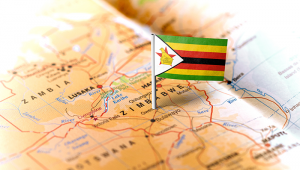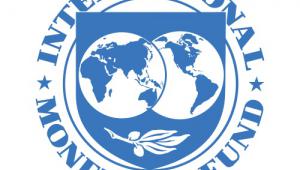By Judith Ugwumadu | 29 September 2014
The International Monetary Fund has said it will not lend any more money to Zimbabwe due to the southern African country being in arrears on repaying previous loans.
The IMF re-stated its concerns about government spending in Zimbabwe, saying that, in order for the country to grow, it needed to invest its money.
It noted that more than three-quarters of tax revenues are used to pay the salaries of more than 250,000 public sector workers. Due to its excessive spending, the government runs arrears with the IMF and other institutions such as the World Bank and the African Development Bank.
An IMF spokeswoman confirmed details of the loan refusal to Public Finance International. She said: ‘Zimbabwe cannot have a financial arrangement with the fund because it has accumulated arrears in payment to the Poverty Reduction Growth Trust (PRGT). The fund has started to provide technical assistance to Zimbabwe.
‘Zimbabwe has a staff monitored program (SMP) with the Fund. The SMP constitute a first step toward establishing a policy track record toward normalizing relation with creditors.’
The IMF’s SMP Africa team was in Harare on September 27, finalising the programme designed to help the government strengthen its policies and revive its flagging economy.
‘The country, to grow, needs investment. This does not happen. There is no money, there is not enough support and all the money that is generated through tax collection goes into paying the wages,’ IMF assistant director for Africa, Domenico Fanizza, told the BBC World Service.
In a statement, the IMF said it would begin a new 15-month SMP due to end in December 2015. It said it was ‘encouraged’ that the Zimbabwean government knew that it could not address these challenges without the support of the international financial community.
The fund added that it would monitor the country's reform agenda, which included: balancing the primary fiscal budget; addressing the debt challenge by stepping up re-engagement with all creditors; and clarifying the Indigenisation and Economic Empowerment Laws to encourage partnerships between domestic and foreign investors.
Late last year Zimbabwe failed to secure an additional loan from international lenders after the IMF and World Bank found its eligibility for assistance under the Heavily Indebted Poor Countries Initiative was unclear.













